Speaker Bios: Covering Children & the Syrian Refugee Crisis
Speaker bios for the Dart Center's January 2019 reporting institute on early childhood trauma, resilience and the developing brain, with a special focus on the Syrian refugee crisis.
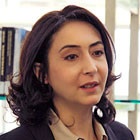
Prior to marrying HRH Prince Ali Bin Al Hussein, Princess Rym worked extensively for international broadcasters including CNN, where she began as a producer in 1998 and later worked as a Baghdad correspondent from 2001 until 2004. She developed her portfolio working for the BBC, Dubai TV, Bloomberg TV, Radio Monte-Carlo Moyen-Orient and United Press International-UPI.
In 2011, Princess Rym Ali received a prestigious Alumni Award from the Columbia University School of Journalism. That year, she was also awarded the “Best International Journalist” prize at the 32nd Ischia International Journalism Awards Ceremony in Italy, as well as the French Knight of the Legion of Honor decoration from the French government. In 2012, the Global Thinkers Forum awarded Princess Rym Ali the Excellence in Media Award. And in November 2013, Princess Rym Ali received a PhD honoris causa from Coventry University in England for her contribution to the field of Journalism and Media.
A graduate of Columbia University’s Graduate School of Journalism, Princess Rym Ali also holds a MPhil in Political Science from the Institut d’Etudes Politiques in Paris and a MA in English Literature from the Sorbonne.
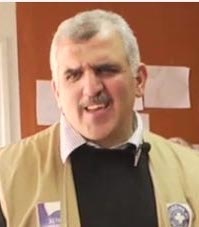
Syria Bright Future organization also offers activities to help children deal with the day-to-day challenges of being refugees. In the Za’atari Refugee Camp, Syria Bright Future provides awareness sessions for teenagers on underage marriage and gender-based violence, and safe spaces for younger children to play.
Himself a refugee, Abo-Hilal fled Syria in 2011 after being arrested and tortured by the government of President Bashar al-Assad.
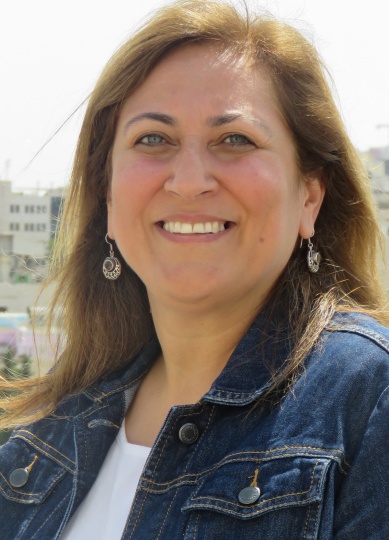
Abbas has been involved in child advocacy for twenty years; prior to her current job, she held management positions at United Nations Relief and Works Agency for Palestine Refugees (UNRWA) and Save the Children.
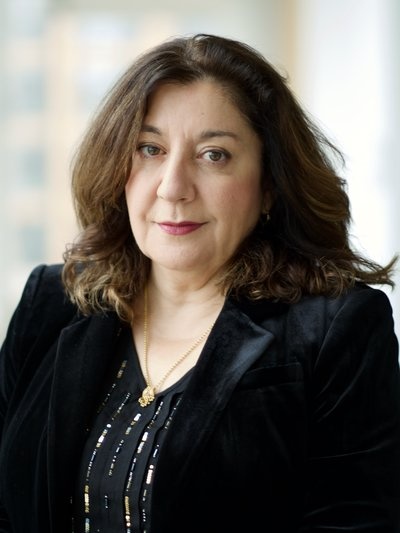
Arraf joined NPR in 2017 after two decades of reporting from and about the region for CNN, NBC, the Christian Science Monitor, PBS Newshour and al-Jazeera English. She has previously been posted to Baghdad, Amman, and Istanbul, along with Washington, DC, New York, and Montreal.
She has reported from Iraq since the 1990s. For several years, Arraf was the only Western journalist based in Baghdad. She reported live the war in Iraq in 2003; covered the battles for Fallujah, Najaf, and Samarra; and was embedded with US forces during the military surge in Iraq. She has also covered India, Haiti, Bosnia, and Afghanistan and did extensive magazine and newspaper reporting and writing.
Arraf is a former Edward R. Murrow press fellow at the Council on Foreign Relations in New York. Her awards include a Peabody for PBS Newshour, an Overseas Press Club citation, and inclusion in a CNN Emmy.
Arraf studied journalism at Carleton University in Ottawa and began her career at Reuters.
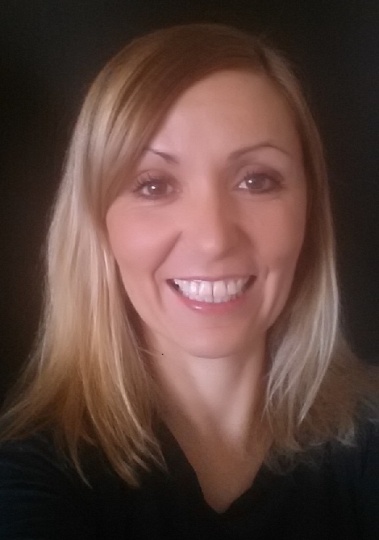
Prior to this Marcia spent three years as Senior Regional Mental Health & Psychosocial Support Specialist (Middle East & Eurasia) for Save the Children International, based in Amman, Jordan. Her role as Regional MHPSS Specialist was to ensure access among children, youth and families affected by the conflict in the Middle East to high quality and well-coordinated MHPSS programming. During this time Marcia co-authored four key reports highlighting the mental health needs of children and adolescents growing up in the Syria crises; in Iraq post-ISIS; and in Gaza. She has also worked as a Mental Health Specialist for refugee communities for UNHCR based in Bangladesh; Regional Technical Advisor for ChildFund International based in Sri Lanka, advising on their youth programmes across Asia; and as a Mental Health Training Advisor in Jaffna, North of Sri Lanka for the Sri Lankan Government’s Department of Health. Marcia holds a M.Sc. and Ph.D. in developmental psychology from the Institute of Education and the Social, Genetic and Developmental Psychiatry Research Centre, Institute of Psychiatry, Kings College, London, U.K. respectively.
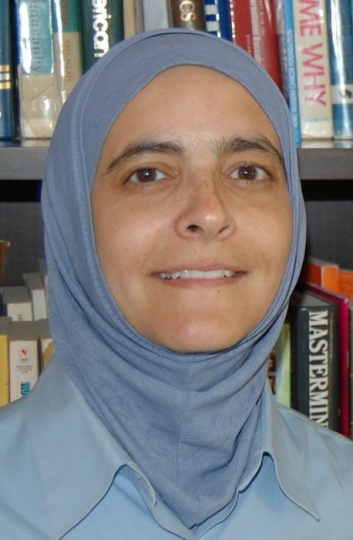
Dajani has been an Eisenhower fellow, a two-time Fulbright alumnus, an Associate Professor and Director of the center of studies at the Hashemite University in Jordan, a visiting professor at the Yale Stem Cell Center, a visiting scholar at the University of Cambridge and a visiting professor at the Stem Cell Therapy center in Jordan. Her lab is comprised of world experts on the genetics of Circassian and Chechan populations in Jordan, focusing on diabetes and cancer. Dajani spearheaded the effort to establish a law for stem cell research ethics in Jordan, and is a strong advocate for the theory of biological evolution and of its compatibility with Islam.
Dajani is a consultant to the higher council for science and technology in Jordan. She has written in Science and Nature about women and science in the Arab world, and is on the UN Women Jordan advisory council. She has established a network for women mentors and mentees and received the PEER Award for the model Three Circles of Alemat. In 2014, she was chosen as one of the 20 most influential women scientists in the Islamic world, and in 2015, among the 100 most powerful women in the Arab world and elected to the women in science hall of fame. She was awarded the King Hussein Cancer & Biotechnology Institute award in 2009, and the 2017 Global Change maker Award from IIE/Fulbright.
She has a Ph.D. in molecular biology from the University of Iowa.
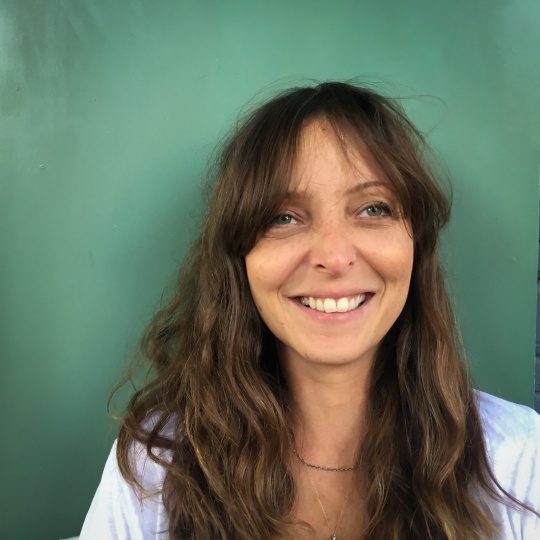
Her work has been published in The New York Times, M Magazine Le Monde , The Guardian, BuzzfeedNews, LA Times, The Financial Times, NRC Handelsblad, The Daily Telegraph, The Globe and Mail, Foreign Policy among others. Diab also works extensively with NGO and aid organizations like Save the Children, the UN agenices, SmileTrain and others.
Diab received the 2016 James Foley Award for Conflict Reporting, was a selected winner for American Photography Best of Photography 2015 AP32. She is a 2015 grant recipient of the 2015 Arab Documentary Photography Program from AFAC/Prince Claus Fund and the Magnum Foundation.
Diab is a member of the Frontline Freelance Register and the Overseas Press Club.
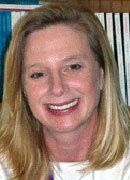
Drury explores how the interaction of genetic and epigenetic factors with early experience shapes neurodevelopment and long term health outcomes in children. Her clinical practice and translational research focuses on improving long-term outcomes in at-risk children and infants through an enhanced understanding of the interaction between early life experiences, the stress response systems, child health and neurodevelopment. She is the director of the Behavioral and Neurodevelopmental Genetics Laboratory (BANGL), which includes both a molecular genetics basic science “wet” laboratory and a translational research program.
She holds a B.A. in Religious Studies & Biology from the University of Virginia, an M.S. in Human Genetics from the University of Michigan, a Ph.D. in Genetics and Biometry from Louisiana State University Health Center and an M.D. from the same institution.
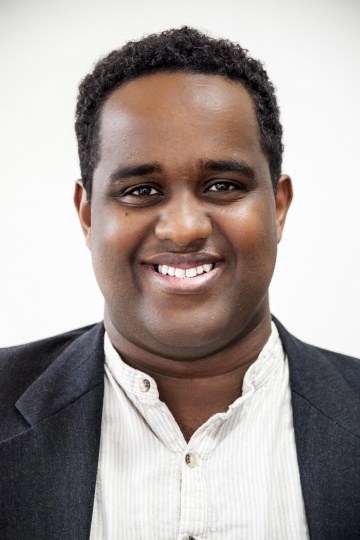
He is a 2017 Ochberg Fellow at the Dart Center for Journalism and Trauma at Columbia University Journalism School and an associate at the Cambridge University Migration Research Network (CAMMIGRES). He sits on the editorial board of Tate Etc. the magazine of the Tate Museums which has the largest print circulation of any art magazine in the world.
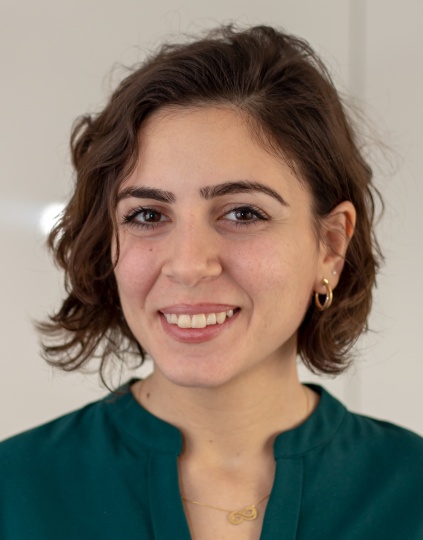
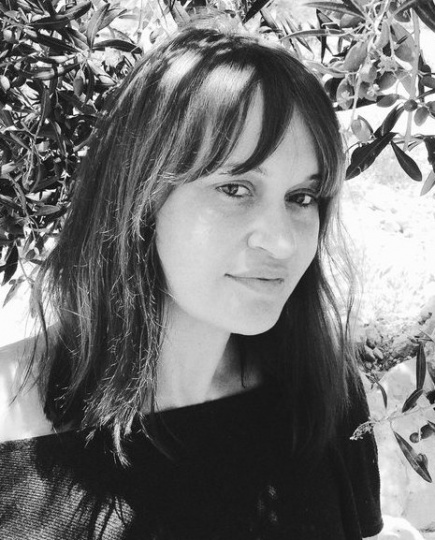
Habjouqa’s project Occupied Pleasures received support from the Magnum Foundation and achieved a World Press Photo award in 2014. Culminating in a namesake book by FotoEvidence, it was heralded by TIME magazine and the Smithsonian as one of the best photo books of 2015. Habjouqa’s work has been exhibited worldwide and is in the collections of MFA Boston, Institut du Monde Arab, and the Carnegie Museum of Art. She is a founding member of Rawiya, the first all-female photography collective from the Middle East.
She is a mentor for the educational initiative Arab Documentary Photography Program, organized by the Magnum Foundation, Prince Claus Foundation, and AFAC.
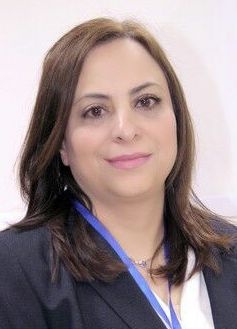
As a journalism and human rights advocate, she has served on the freedom committee for the Media Authority and helped develop a nationwide strategic plan for protecting human rights and people with disabilities in Jordan.
Haddadin is also a board member for the Jordanian National Commission for Women and coordinates the WAN IFRA (Women in Media) program in Jordan.
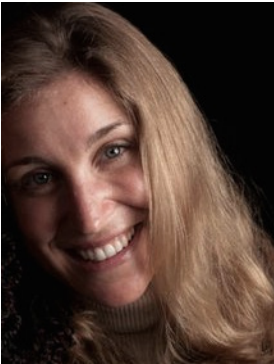
After returning to the U.S., she began working at the Earth Institute at Columbia University, where she became the Deputy Director of the Global Master’s in Development Practice Secretariat. Currently a Ph.D. candidate in applied psychology and human development at the University of Pennsylvania, Murphy has conducted research in early childhood development in Central America, Colombia, India, Kenya, Mexico, and Thailand. She has a B.A. from The Johns Hopkins University, an M.P.H. from the University of Pennsylvania, and an M.Ed. in international education policy from Harvard University.
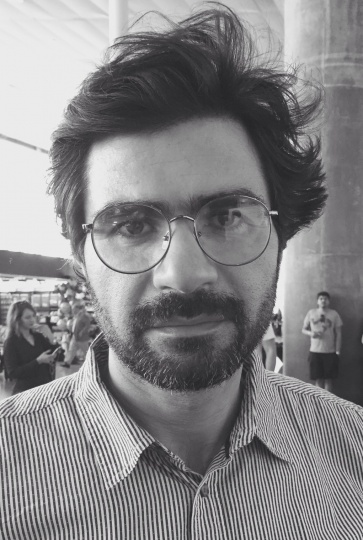
Nasser is a lecturer in communication at the Lebanese American University and the American University of Beirut. His research currently focuses on war trauma as reflected in the family drawings of Syrian refugees and on mapping the trauma impact among Arab journalists covering tensions in the Middle East.
An award-winning reporter on human rights, criminal justice and politics, Shapiro is a contributing editor at The Nation and U.S. correspondent for Late Night Live on the Australian Broadcasting Corporation’s Radio National.
He is also Senior Executive Director for Professional Programs at Columbia Journalism School. His books include Shaking the Foundations: 200 Years of Investigative Journalism in America and Legal Lynching: The Death Penalty and America's Future.
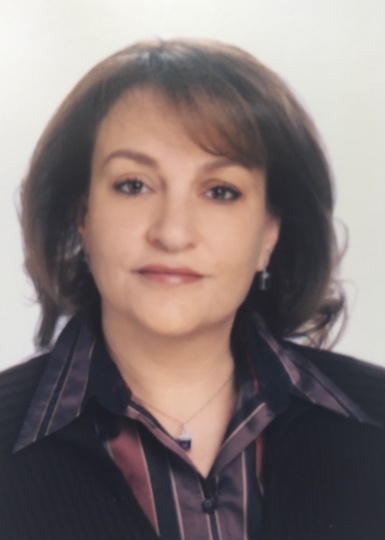
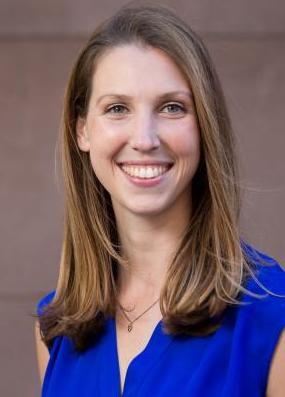
Before joining The New Yorker, Stillman wrote about America’s wars overseas and the challenges facing soldiers at home for the Washington Post, The Nation, newrepublic.com, Slate.com, and theatlantic.com. She co-taught a seminar at Yale on the Iraq war, and also ran a creative-writing workshop for four years at the Cheshire Correctional Institution, a maximum-security men’s prison in Connecticut.
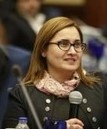
Al Utaibi has spent 25 years working for national and international organizations in Jordan, including US AID and the World Bank. She also developed and secured funding for a nationwide learning support system.
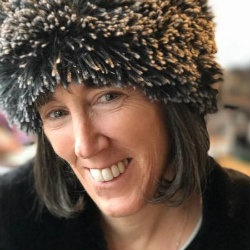
She is also an internationally accomplished journalist and an Emmy-award winning producer of documentaries for PBS and the BBC. In 2013, West launched an international donor-advised fund to support the development of early childhood mental health systems and workforce capacity in under-resourced areas of the world. The Two Lilies Fund shines a spotlight through its program development and public awareness campaigns (using film and podcasting) on model projects that are designed to strengthen the social and emotional development of young children and their caregivers. West is also an active member of Elevate Children, a global collaborative funders group.
































































































